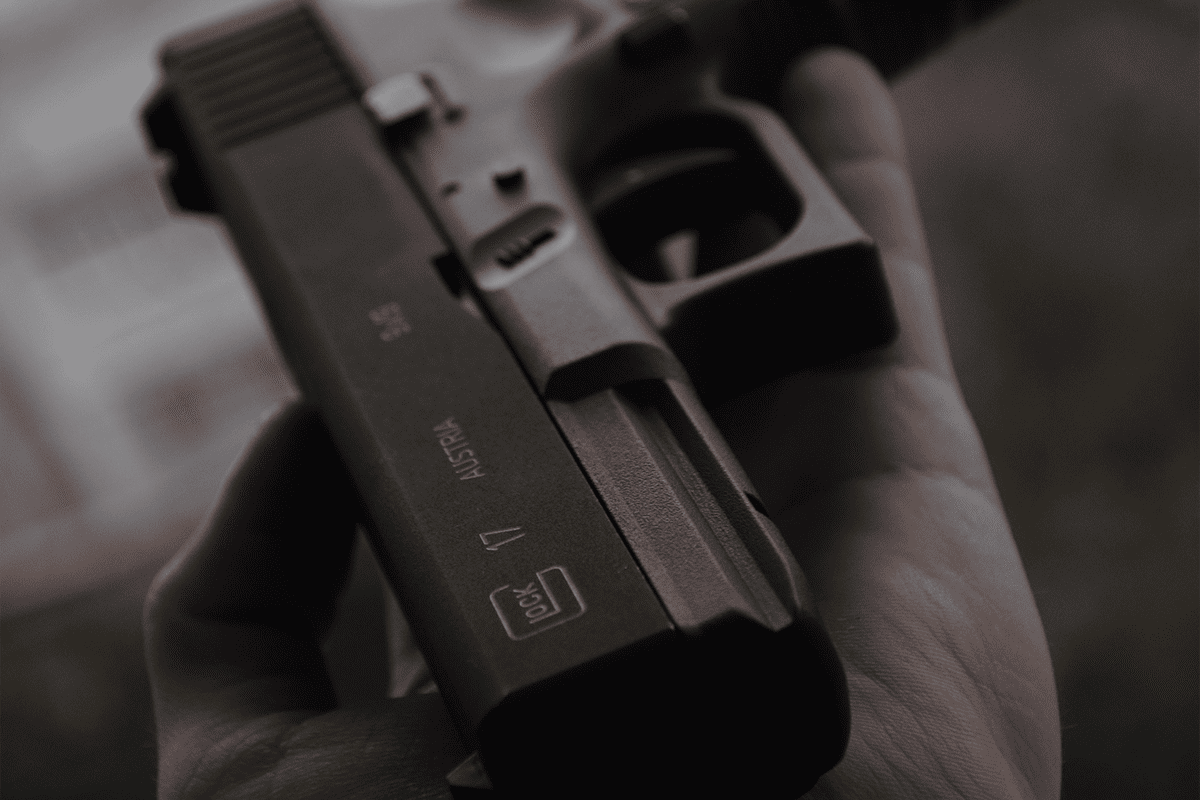Florida bill increasing penalties for minors possessing firearms passes House panel

TALLAHASSEE, Fla. – The Florida House Criminal Justice Subcommittee cleared a bill 10-2 on Monday to increase the penalty for a minor under the age of 18 in possession of a firearm from a first degree misdemeanor to a third degree felony.
Rep. Berny Jacques, R-Seminole, filed HB 1181.
“This bill enhances public safety and ensures accountability in our criminal justice system,” Jacques said to the committee.
The bill, furthermore, orders minors to be detained for a minimum of five days in secure detention.
“A court will hold a juvenile in detention until an adjudicatory hearing until the safety of the community is satisfied,” Jacques said. “If a judge were to release that juvenile, they would have to put it in written findings as to why they think that juveniles should have been released.”
Under an amendment to the bill, juveniles are ordered in detention for 21 days if they violate their probation over a felony firearm offense.
Sen. Jonathan Martin, R-Fort Myers, is carrying a similar bill, SB 1274.
Rep. Susan Valdes, D-Tampa, argued adults should be held more accountable for owning weapons.
“I think that we need to do something to hold adults accountable, that have weapons, stored in places that are not safe and easy accessible for any anyone to have access too,” Valdes said. “I just can’t continue to seeing our kids being put into that trajectory without really holding adults accountable for their lack of of responsibility when it comes to having a firearm.”
Valdes eventually voted down on the measure.
Rep. John Snyder, R-Stuart, argued in favor of minors being held more accountable.
“These juveniles didn’t just wake up one day and decide that they were going to go try and get their hands on a gun,” Snyder said.
In mentioning gang activity, Snyder emphasized stopping minors from committing crimes before it was too late, calling it a chance to “get them by the face mask and scare them straight.”
“Before we know it, if especially if they’re in that gang environment, they’re going to rack up another charge and the score sheet continues to pile up and pile up,” he added. “And before we know it, the chance for grace and mercy has gone out the window.”
Jacques argued, in closing, a minor’s “rap sheet” could pile up due to spending little time in the juvenile justice system.
“It sets them up for failure because they think they can keep getting away with it over and over and over again,” Jacques said.
He also cautioned the consequences could become more severe over time.
“One day they are going to be facing a prosecutor in adult court being very confused as to why they are being held responsible in a very strong way, being very confused that they are going to now spend many years, 10-15 years in a mandatory minimum because of something they got away with when they were a kid,” Jacques said.
In his statement, Jacques called the bill an opportunity to “set youth up for success.”
HB 1181 now moves to the Judiciary Committee for approval. It will take effect if passed on July 1.



